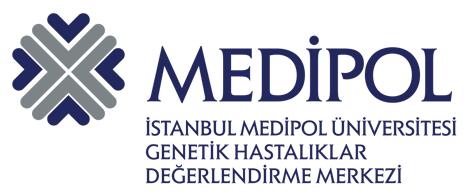
Our Bioinformatics Studies
Rapid analysis with HPC infrastructure
Bioinformatics methods are used to analyze DNA sequence data obtained by next-generation sequencing technologies quickly and accurately. Bioinformatics solutions enable genetic data to be understood and make them ready for analysis. Our team ensures that sequence changes that enable the diagnosis and treatment of diseases with bioinformatic tools and databases are detected in a short time using accurate and updated data with our High-Performance Computer (HPC) infrastructure. With our HPC infrastructure within İstanbul Medipol University, the data is prepared for analysis within a maximum of 6 hours.
Up-to-date data
We aim to provide reliable information about the variant with updated data provided by the databases that we perform the annotation of the variants used in the analysis. We update the databases within a certain interval and provide the most recent database for analysis.
MediVar- Variant Analysis and Reporting Program
MediVar, which we have developed for more efficient and reliable analyzes, is a variant analysis and reporting program that offers a user friendly platform to the user. The data obtained after genetic analysis, which leads to the diagnosis of the disease, can be viewed, organized, filtered and reported by MediVar. This platform allows the analysis of the index case with its parents, as well as simultaneous analysis of spouses and affected cases.
CNV analysis
Differences in the number of copies in different lengths (CNV) can be observed in the human genome. These changes, which can include more than one gene, can affect the function of genes and lead to diseases. In addition to variant discovery with the data obtained by whole exome analysis, we also detect copy number variations (CNV) for increasing our diagnostic rates.
In-house SNV and CNV population frequency database
We use our in-house database, which we have created from the analyses and diagnoses that we have done so far, effectively in the analyses. These data not only accelerate the analysis, but also increase diagnostic rates and allow us to compare the clinics of our patients with the same variant. Our diagnostic-variant database, which we have created from our patients we have reported throw light on progressive analyses.
Reanalysis
We can perform bioinformatics analysis of your VCF or fastq files in our system/organization.
